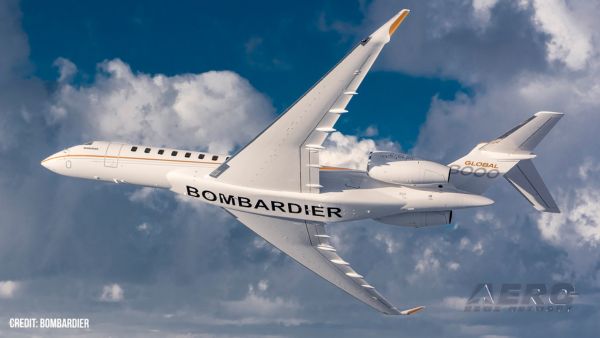Mon, Feb 04, 2013
Advertisement
More News
 Airborne 05.19.25: Kolb v Tornados, Philippine Mars, Blackhawk Antler Theft
Airborne 05.19.25: Kolb v Tornados, Philippine Mars, Blackhawk Antler Theft
Also: Tentative AirVenture Airshow Lineup, Supersonic Flight Regs, Private Pilot Oral Exam Guide, Boeing Deal The sport aircraft business can be a tough one... especially when Moth>[...]
 Airborne 05.23.25: Global 8000, Qatar B747 Accepted, Aviation Merit Badge
Airborne 05.23.25: Global 8000, Qatar B747 Accepted, Aviation Merit Badge
Also: Virtual FLRAA Prototype, IFR-Capable Autonomous A/C, NS-32 Crew, Golden Dome Missile Defense Bombardier announced that the first production Global 8000 successfully completed>[...]
 ANN's Daily Aero-Term (05.23.25): On-Course Indication
ANN's Daily Aero-Term (05.23.25): On-Course Indication
On-Course Indication An indication on an instrument, which provides the pilot a visual means of determining that the aircraft is located on the centerline of a given navigational t>[...]
 Aero-News: Quote of the Day (05.23.25)
Aero-News: Quote of the Day (05.23.25)
“While we are relieved that no one was injured, the destruction of our aircraft will have severe consequences on our operations, and it is a personal blow to our dedicated te>[...]
 ANN's Daily Aero-Linx (05.23.25)
ANN's Daily Aero-Linx (05.23.25)
Aero Linx: Ercoupe Owners Club We fly an airplane that was the peak of pre-World War II development. It took more than a decade and a half before the features of the Ercoupe were t>[...]
blog comments powered by Disqus




